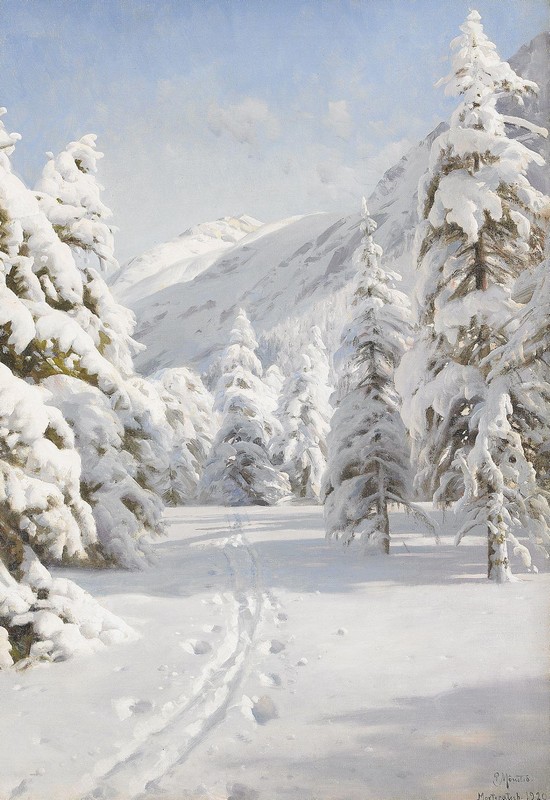
Among the musical anniversaries of this new 2025, there is one that the world of Lied will celebrate widely (and I hope we will not be the only ones): the centenary of the birth of Dietrich Fischer-Dieskau. A great baritone, of course, but above all, a personality without which the genre would not be understood in the second half of the 20th century. And I wanted to begin the year with his voice, that of the beginnings, with a recording that, if I am not mistaken, is the oldest that is preserved.
In 1942, Dietrich Fischer-Dieskau, aged only seventeen years old, was already studying at the Musikakademie in Berlin with the prestigious professor Hermann Weiss. The previous year, he should have made his debut in Zehlendorf (Berlin) by performing excerpts from Winterreise; however, the concert ended unexpectedly due to an anti-aircraft alarm. As his pupil approached the age of eighteen, Weissenborn pulled strings to avoid his mobilization, arguing for his exceptional abilities. But his attempts were unsuccessful, and the studies were interrupted when Dietrich was sent first to Russia (at that time, the Nazis had starved his brother Martin, whom they had locked up because he was suffering from a mental illness), and then to Italy, where he spent two years in a prisoner-of-war camp. He continued there with his training as he was able, self-taught. He used to sing for his fellow prisoners, and since the Americans soon discovered that he was an exceptional singer, he also sang for the Allies' soldiers and officers. They organized him tours through various facilities and prison camps, with a truck that transported the piano and performers and also was used as a stage. It was then that he sang Winterreise again; can you imagine how it must have been to perform and listen to this work in those circumstances, far from home, having fought in a war and living in uncertainty?
Shortly after his release, the baritone made his official concert debut in July 1947 in Berlin, replacing at the last minute the planned singer to sing Brahms's Ein deutsches Requiem and dazzling the audience. Fischer-Dieskau's first official performance of Winterreise was organized shortly after by RIAS, the American-controlled radio station: It was on 19 January 1948, and he was accompanied by Klaus Billing. The recital was not broadcast live, rather it was recorded as the intention of the station was to repeat it. The recording session appears to have been difficult; fluctuations in the electric current in Berlin affected the tension of the tape, and therefore its speed was far from constant. Finally, it was necessary to discard and re-record nearly half of the cycle. Therefore, on that day, the singer and pianist performed a Winterreise and a half. Surely, they must have been exhausted. I suppose that the recording must have circulated underhand over time, but it wasn't until sixty years after it was commercially released. And thanks to this, we will be able to listen this week to the sixth song in the cycle, Wasserflut.
I've always believed that the Winterreise of a twenty-odd must necessarily be immature; interpreted, at best, by intuition. A young man who, at this age, can sing the cycle in depth, must have experienced too much. Just like Dietrich Fischer-Dieskau had experienced too much at his twenty-two.
Manche Trän’ aus meinen Augen
Ist gefallen in den Schnee:
Seine kalten Flocken saugen
Durstig ein das heisse Weh.
Wenn die Gräser sprossen wollen,
Weht daher ein lauer Wind,
Und das Eis zerspringt in Schollen,
Und der weiche Schnee zerrinnt.
Schnee, du weisst von meinem Sehnen;
Sag’, wohin doch geht dein Lauf?
Folge nach nur meinen Tränen,
Nimmt dich bald das Bächlein auf.
Wirst mit ihm die Stadt durchziehen,
Muntre Strassen ein und aus;
Fühlst du meine Tränen glühen,
Da ist meiner Liebsten Haus.


















Comments powered by CComment